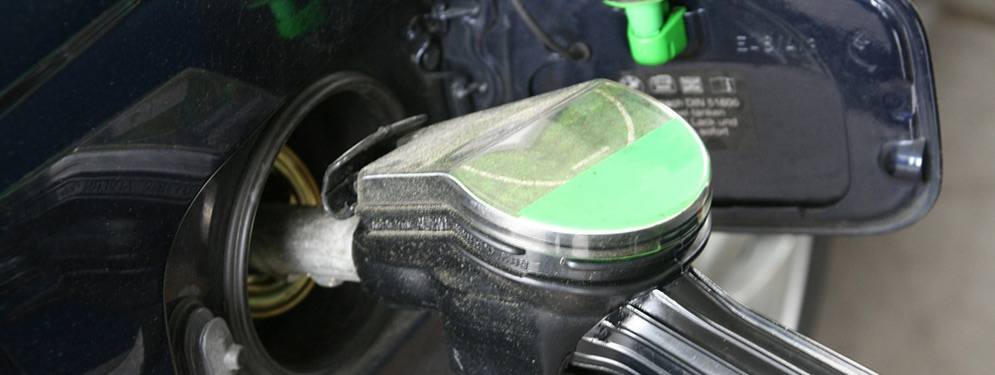Apart from driving less, keeping your car properly tuned, or even buying a more fuel-efficient vehicle, making amendments on some simple driving habits and being more caring with your vehicle could prove to be an easier and cheaper approach to reducing fuel consumption. Below are a few tested and tried gas saving tips and tricks that will help you cope with the ever rising prices of fuel and still make you a better and safer driver.
Coast to a Stop
Brakes are definitely necessary, but equally wasteful. They take the gasoline-generated kinetic energy of a moving car and transform it to heat energy, which is lost to the air. Accelerating until the last moment before making abrupt braking is more inefficient than slowly coasting to a red light. Generally, the less you brake, the more you save on fuel, but since braking cannot be avoided, anticipating that a light will turn red and decelerate whenever possible will boost fuel efficiency by a substantial percentage.
Keep your Car Clean
Believe it or not, keeping your car washed and waxed saves your MPGs. Most cars are designed to be aerodynamic, which includes the clear coating over the car’s paint. Clean cars provide less air resistance, and less air resistance means saving gas! Be sure to stop in to your favorite Winter Park car wash.
Avoid Slowly Crawling Up to Speed
Nursing your speed up to the limit too slowly highly lowers mpg because vehicles get lower fuel economy in lower gears, and upshifting at an efficient rate is prevented by slow acceleration. For instance, taking 10 seconds to accelerate to 40mph is more fuel-efficient than taking 20 seconds to hit the same speed because the vehicle enters its top, fuel-efficient gear faster. However the effect might not be equal in every case as optimum acceleration rates vary with vehicles, weights and gear ratios.

Close Windows and Use A/C at High Speeds
During the summer, you can choose between switching on the a/c and closing the windows to preserve the vehicles aerodynamic profile, or keeping the windows open to avoid having the energy-intensive air conditioner running. According to some test, switching on the a/c while driving at 55mph resulted in 24mpg. When the a/c was turned off, the car bumped up to 28mpg. When all the four windows were opened one at a time, 1 mpg was lost per window resulting in 24 mpg. As speed increased, however, the aerodynamic drag increased as well, continuing to hurt efficiency. This means that, for maximum efficiency, leave the a/c off and open the windows below 55 mph and keep the air conditioning running and the windows closed at 60 mph or more.
Leave Car in Gear When Coasting Downhill
Most people tend to go for downhill coasting at neutral gear to save energy without the idea that leaving the car in gear is actually more efficient. In most fuel-injected engines of today, there is computer controlled deceleration cutoff such that when you lift your foot from the gas while the car is in gear, the injectors turn off automatically and the rotating tires keep the engine turning without consuming any fuel at all. In contrast, an idling engine consumes fuel at the rate of 0.2 to 0.4 gallons per hour (gph) which makes neutral gear wasteful.
Avoid Ethanol, If Possible
Gasoline cut with 10 or 15% ethanol, known as E10 or E15, is an mpg killer because ethanol stores less energy than gasoline (80,000 and 119,000 btu per gallon respectively). Less gasoline than ethanol is therefore needed to cover the same distance.
Warm Up the Engine
There is better fuel economy when a car’s engine is warm. So, if you have a four-stop run, reach the furthest destination first, then hit the other three on your way back home. A well warmed-up engine will remain at an efficient temperature even when the car is parked for half an hour.
Plan Errands Carefully
Minimize the miles you have to cover by running all your errands in one trip. Avoid making separate outings when you can.
Tires Properly Inflated
Ensure your tires are fully inflated because rolling resistance increases with low pressure. Checking on the pressure at least once a week is recommendable.



